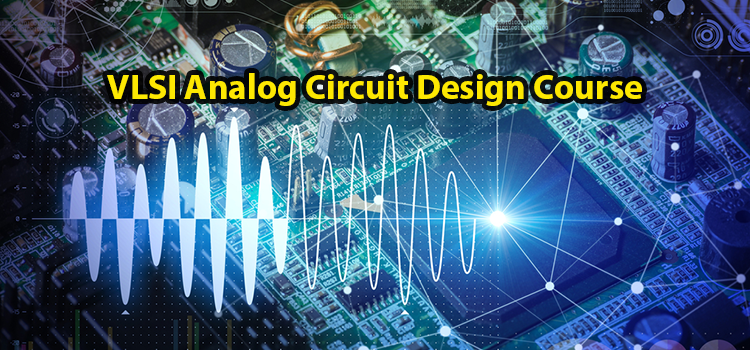

a) Refreshing MOS basics.
b) Circuit Design Tool Flow Introduction.
c) MOS Device Characterization using simulation.
a) Design of Single Ended MOS Amplifiers.
b) Common Source (CS) Amplifier Design for various design parameters
c) Identify practical difficulties and constraints.
d) (Size, power, etc)
e) Introduction to other Single Ended Amplifiers.
a) Design of Differential Amplifiers.
b) Extended CS Amplifier concept to differential amp
c) Understanding common mode and differential signalling
d) Design and identify usage and importance of differential amplifier
a) Design and Verification of OTA/Operational Amplifier.
b) Build the design based learning of CS amplifier and Diff Amp
c) Understand application of OTA/OpAmp in various system designs.
d) Design and Verification of Band gap reference
a) Design and Verification of Analog Comparator
b) Apply the learning of OTA, diff amp etc. and build an analog comparator
c) Understand various architectures and limitations of comparator
d) Understand applications of comparator in various Analog Designs (like ADC)
e) Design and Verification of Oscillator Circuit
f) Learn designing a ring based voltage controlled oscillator
g) Understand limitations and advantage of each architecture.
h) Understand usage of VCO in PLL
a) Introduction to Analog IP/Module using Analog Building blocks
b) Project work on selected design/topic
Trainer’s Name
P SateeshCourse Fee
:Available Seats
:30Schedule
Regular & Weekend Batches
Best institute to learn circuit course, projects are as per industry standard

I have taken circuit training, class leacture are very helpfull
Spandana R
Teaching faculty is expert in core concepts and concepts are taught from basic level.